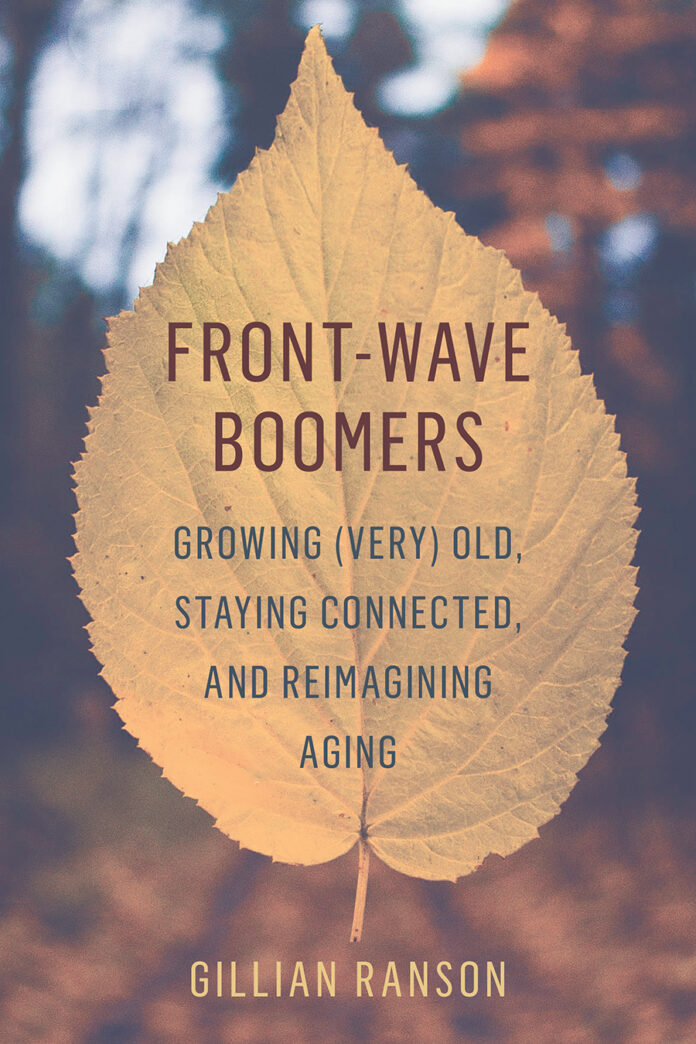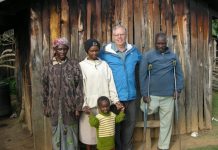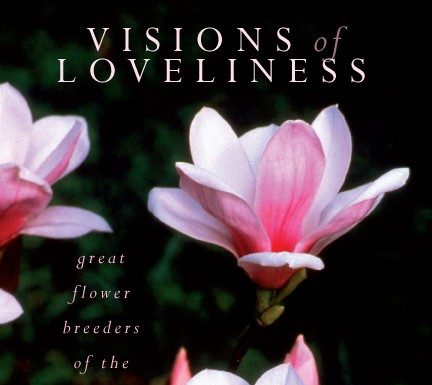Boomers are heading into (very) old age following a pandemic, a time of overt ageism and deficient eldercare. The front wave, now in their seventies, are on the brink of life changes that will be challenging for everyone – family, friends, and for the health care system, too. Recognizing the dire need to tackle these changes, journalist and sociologist Gillian Ranson, a front-wave boomer herself, investigates what they are doing to prepare for old age in her new book Front-Wave Boomers: Growing (Very) Old, Staying Connected, and Reimagining Aging published by On Point Press, available today, May 15th. Following is an excerpt from the Introduction.
***
One afternoon in July 2019, Philip and I met at a Calgary coffee shop. We were there to talk about aging, and Philip had a lot to say.
At seventy-one, he was pulling back from his small consulting business, and he was wondering what to do next. It wasn’t that he was missing the work (though, during his career, it had “fed his soul”). It was that he now had questions about what might lie ahead.
“So now I’m in this space,” he said. “What am I to do? I have energy. I have enthusiasm, but I don’t know where it’s going … It’s a disquieting time of life, is what it is.”
Philip was probably speaking for many people in his age group. At seventy-one, he was at the front wave of the baby boom – the generation classified as those born between 1946 and 1965 that now makes up more than 25 percent of the Canadian population. Those born in 1946 turned sixty-five in 2011. Like Philip, they’re now in their mid-seventies. Over the next decades, millions more will be following them as they head much deeper into old age. Philip would not be the only one with questions about how this move would go. “You can be so busy that you don’t take any time to figure out where you’re going, or where you should be going,” he said. “I know that I’m going somewhere else. But I don’t know exactly where that is.”
Melanie, another front-wave boomer, described herself as “treading water.” At seventy-two, with a seventy-six-year-old husband whose health had taken a sudden downturn, she was primarily concerned about housing and sources of support over the long term. She and her husband were living in a house that was too big, in a community that was not particularly sociable and where contact with younger people was hard to establish. “What’s going to happen next, and am I going to be prepared to deal with it?” she asked.
In another conversation that summer, Cynthia talked about concerns that were in a different league. At sixty-four, she was younger than Philip and Melanie, but she was in a more precarious position when it came to aging. She was living on a disability pen- sion, on her own, in subsidized housing. She went to aquafit and yoga classes and walked her dog in the dog park. But she had no close social connections.
“I live in poverty, social isolation, with declining health, mental illness,” she said. “There’s no one who will care for me … The only thing that gets me out of bed in the morning is my dog.” Cynthia said she had “great clarity” about her situation. “I want to speak to you because I want the voice of someone in my circumstances to be heard.”
I wanted her voice to be heard, too, along with the voices of Philip and Melanie and as many front-wave baby boomers as I could find. I reached out to them because I was also deeply interested in what they could tell me about aging. I, too, was a front-wave baby boomer, concerned just as much as they were about the future of (very) old age that was to come. Back in 2019, when I spoke with Philip, Melanie, and Cynthia, I was seventy-two, and wondering, as they were, about what might lie ahead. But as a technically retired but still engaged professor of sociology, I had questions that went beyond the personal.
For some time I’d been interested in the massive demographic changes happening in Canada, and what the consequences might be. The latest census, in 2016, revealed that the proportion of people aged sixty-five or older had reached an all-time high, surpassing for the first time the number of children under fourteen. That growth was mostly due to the entry of the baby boomers into the ranks of the old. We were living longer at a time when greatly reduced fertility rates had produced fewer young people than in previous generations. The result was a demographic revolution that researchers, policy-makers, and media pundits were trying to come to terms with.
The baby boomers driving much of the change were not like the generation of elders who preceded them into (very) old age. A whole range of social factors contributed to the differences. We were better educated. Our working lives had been spent in an increasingly information-based economy, so we would be bringing different skills and experiences with us as we aged. More significantly, we had fewer children, if we had them at all, and the geographic mobility shaping our children’s working lives often meant that family members did not live close at hand. Mobility also disrupted the stability of neighbourhoods and the proximity of friends.
Who would be around to care when this enormous cohort reached the stage of needing care? As a sociologist, I considered front-wave boomers to be at a critical stage, on the brink of challenging life changes that were likely to have broad social implications. I wanted to find out the extent to which they were prepared, or preparing, for (very) old age. When I got to work in 2019, addressing this question was my primary goal.



























